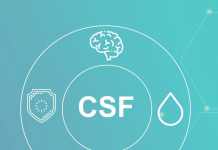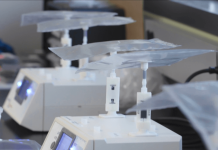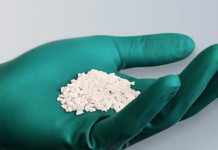CARB-X is awarding Accelerate Diagnostics, a Tucson, Arizona, USA, biotech company, up to $578,000 to develop new fibre optic technology to diagnose sepsis or the risk of sepsis. Accelerate would be eligible for up to $2.1 million in additional funds from CARB-X if the project meets certain milestones, subject to available funds.
Sepsis is the body’s overwhelming and life-threatening response to an infection that can lead to tissue damage, organ failure and death. Speed is critical in diagnosing infections and sepsis. Each hour delay in the appropriate treatment of sepsis increases the chances of death.
Erin Duffy, R&D chief of CARB-X, said: “Prompt diagnosis and treatment provide the best chance for reducing death rates and improving recovery from sepsis. Accelerate’s technology aims to speed up delivery of diagnostic test results which would help clinicians make treatment decisions in the first critical hours of illness.”
Sepsis is a leading cause of death in many countries. Globally, an estimated 11 million people die each year from sepsis. In the US, 1.7 million American adults develop sepsis each year and 270,000 die as a result, according to the US Centers for Disease Control and Prevention (CDC). Sepsis is often a complication of infections acquired in healthcare settings, which are often caused by antibiotic-resistant bacteria and particularly challenging to diagnose and treat. In low- and middle-income countries, sepsis also represents a major cause of maternal and neonatal morbidity and death.
Accelerate Diagnostics chief executive officer Jack Phillips, said: “We are excited to receive this CARB-X award in support of this project as we continue to innovate in the fight against sepsis and antimicrobial resistance. This award will support our continuing efforts to develop better methods for delivering fast answers and improving clinical outcomes for patients with serious infections.”
The CARB-X award provides support for the development of a compact instrument, and research into the possible application of fibre optic technology, called Stimulated Raman Spectroscopy (SRS), to identify bacteria. Bacterial identification could potentially be within 15 minutes from a positive blood culture with minimal sample processing. The technology has demonstrated high sensitivity and specificity and is able to identify a range of pathogens which is currently not possible with panel tests. A rapid test is especially important for sepsis treatment where every hour of delay in appropriate treatment reduces the chance of survival. Accelerate’s project is in the Feasibility phase of development.




